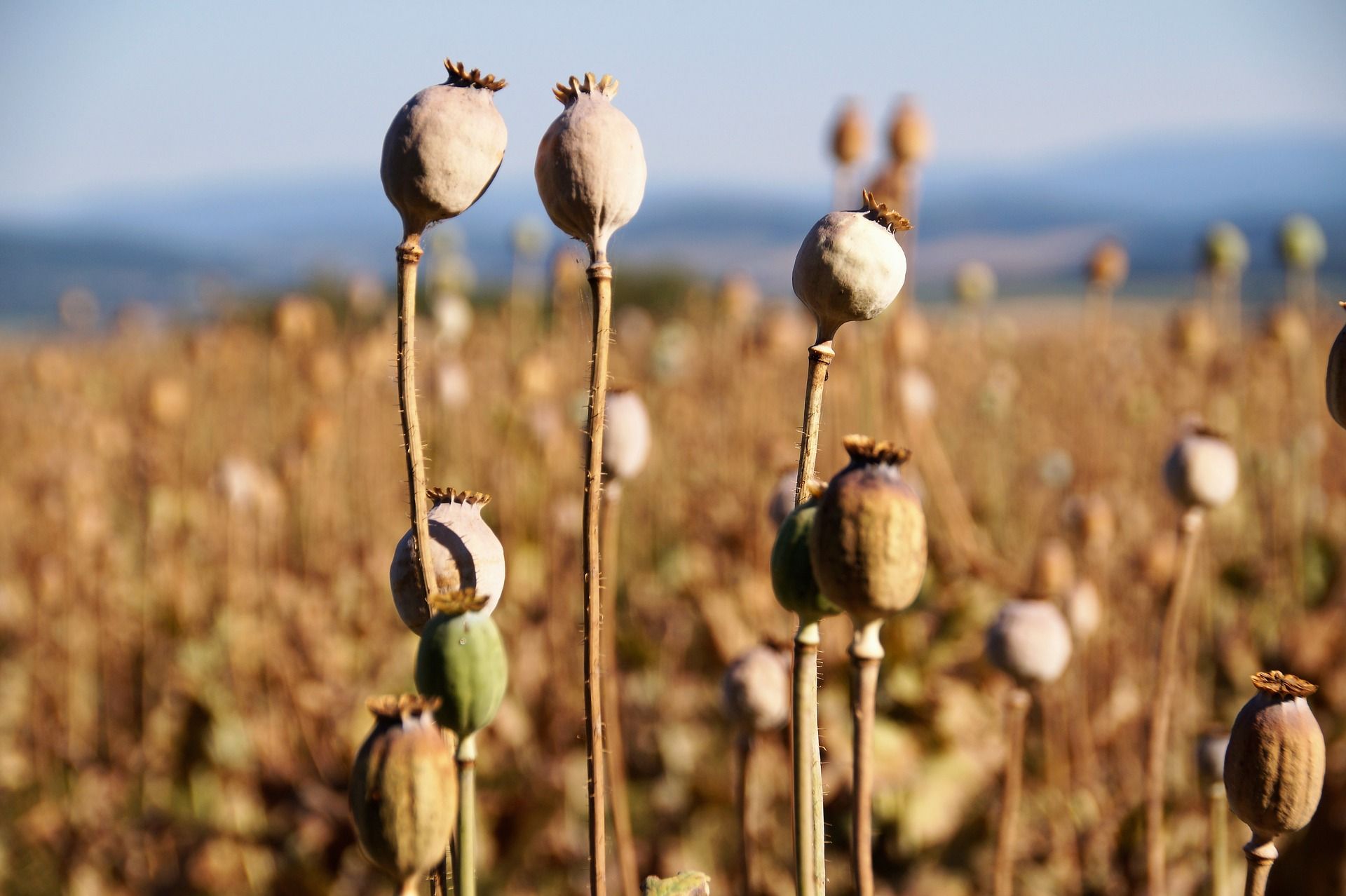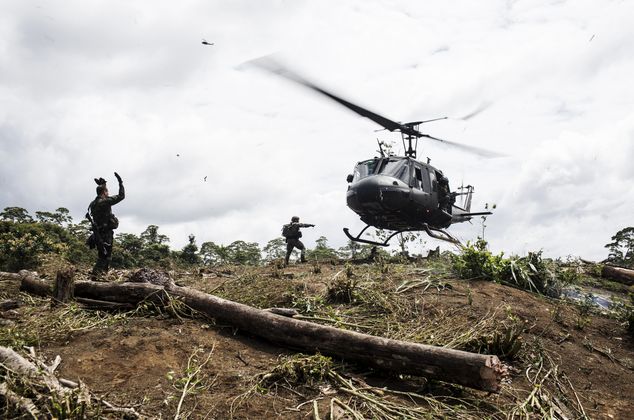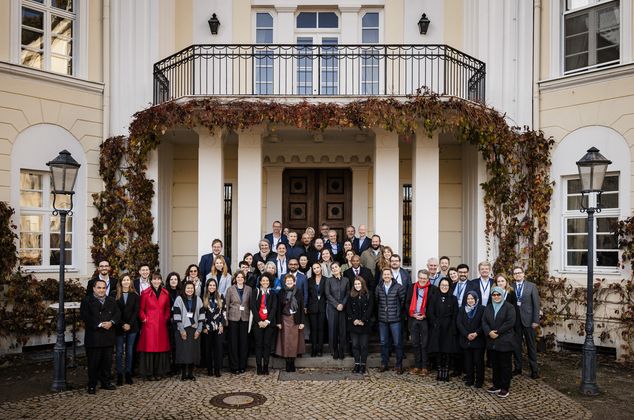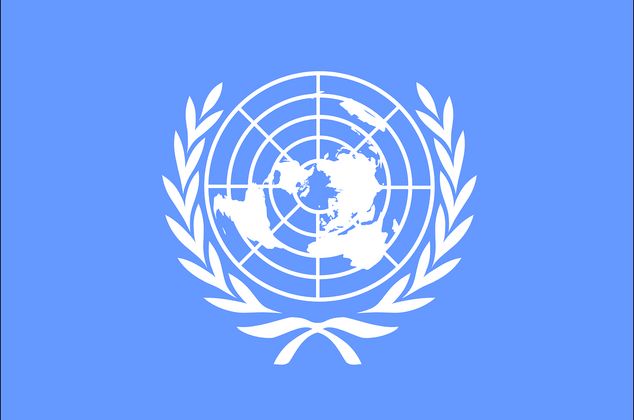UNGASS 2016
Milestone in international drug policy
When the outcome document of UNGASS 2016 was adopted, it heralded a paradigm shift in international drug policy. The classic triad of responses to the global drug problem – consisting of supply and demand reduction and international cooperation – was expanded by new essential aspects: human rights- and development-oriented approaches.
The Special Session of the United Nations General Assembly on the World Drug Problem (UNGASS 2016) in April 2016 aimed to discuss global developments and responses to the production, trafficking and use of illegal drugs. The Assembly refocused global drug policy on these challenges. The outcome document of UNGASS 2016 reflects this in its seven chapters.
The 7 chapters of the UNGASS 2016 outcome document:
- Demand reduction and public health
- Availability of and access to controlled substances for medical or scientific use
- Supply reduction and law enforcement
- Human rights, youth, children, women, communities
- New global challenges
- International cooperation
- Alternative Development and socio-economic issues

On behalf of the Federal Ministry for Economic Cooperation and Development (BMZ), the Global Partnership on Drug Policies and Development (GPDPD) participated at UNGASS 2016 and the lengthy negotiations leading up to it as part of the German delegation. The GPDPD played a key role in the negotiations on the seventh chapter on Alternative Development. This is the first time that an entire chapter of a drug policy declaration of intent of the international community has been devoted to development policy issues.
This illustrates that there is a growing recognition for new, development-oriented approaches to deal with the global drug problem. The references to the United Nations Sustainable Development Goals (SDGs) in the UNGASS 2016 outcome document also show the connection between development and overcoming illicit drug economies.
Since 2016, the GPDPD and its partners have concentrated on deriving tangible proposals for political action from the recommendations of the UNGASS 2016 outcome document and contributing to its implementation on behalf of the BMZ. In several expert group meetings on the topic of Alternative Development, for example, it was discussed how proven Alternative Development approaches can be transferred to the context of illicit drug trafficking. With the International Guidelines on Human Rights and Drug Policy, published in 2019, the GPDPD and its partners have made a decisive contribution to providing governments with a compendium for taking greater account of human rights in their drug policies.



